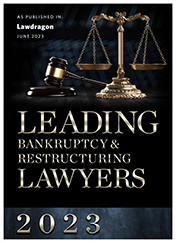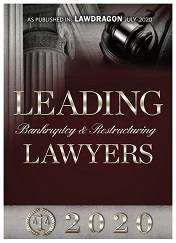Independence of the Judiciary
Creation of an Independent Judiciary
When the American colonists declared their independence and broke away from England, they vowed to create an independent judiciary. The colonial courts were arms of the King of England; colonial judges served at the pleasure of the King. One of the colonists' grievances was that the King made judges dependent on his will. The colonists were determined to have a court system that was fair and unbiased.
Constitutional Protections for Federal Judges
An independent judiciary is a fundamental principle of our democracy. The founding fathers assured the independence of federal judges by giving them tenure for life. The United States Constitution also prevents the reduction of a federal judge's salary while he/she is in office. The founding fathers also specified that federal judges could only be impeached and removed from office for committing treason, bribery, or other high crimes and misdemeanors.
Public Confidence in Judicial System
Democracy demands public confidence that justice will be dispensed in an impartial manner. An independent judiciary allows for a court system that is free from partisan politics, where each case is decided on its merits according to the law and the facts. It is the role of the judiciary to interpret and apply the law in good faith and in a manner that protects individual rights.
Our System of Checks and Balances
Our federal system provides checks and balances on each branch of government--the Executive, the Congress, and the Judiciary. The President nominates judges to the federal bench. Congress has the power to approve the President's judicial nominations. Congress has power to set the jurisdiction of the federal courts, and it is Congress that creates new federal judgeships. Congress also controls the financial appropriations for the federal court system. Congress has the power to impeach a federal judge and remove him/her from office. Finally, Congress influences the judiciary through legislation. Congress has the power to clarify laws, which it believes a court has misinterpreted. Congress can also pass laws that change the impact of court decisions.
Copyright 2012 LexisNexis, a division of Reed Elsevier Inc.






